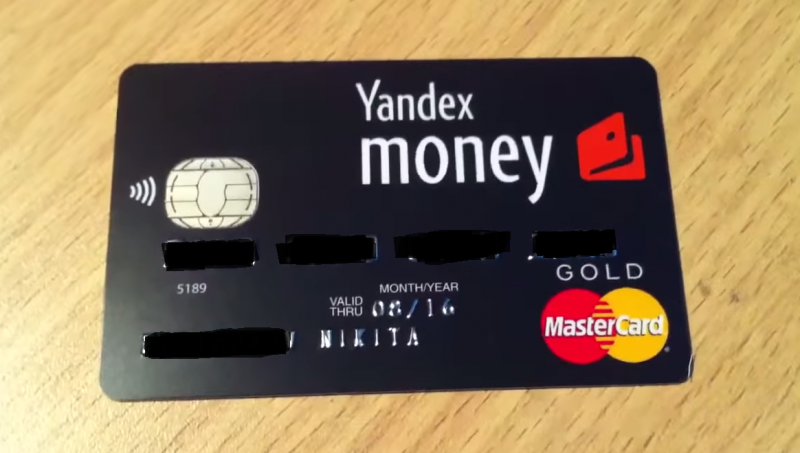In addition to the steadily increasing censorship of the RuNet and crackdowns on opposition websites, Russia has now imposed strict regulations on online payment methods. The new law, due to come into effect later this summer, limits anonymous online monetary transfers to organisations, and outright bans anonymous online transfers between individuals.
Although it is ostensibly part of a package of laws aimed at fighting terrorism [2] [Global Voices report], one cannot but recall that opposition leader Alexey Navalny's extremely successful 2013 mayoral campaign was funded largely through online donations, some of which were anonymous. Navalny's campaign was criticized [3][Global Voices report] for this lack of transparency at the time, but until now no action was taken by the authorities.
On Friday, May 23, the offices of Yandex.Money, the popular online payments system associated with Russia's largest search engine, were searched by Russia's Investigative Committee [4], apparently with regards to campaign fraud accusations against the summer 2013 Moscow mayoral campaign. This is due to the fact that several of Navalny's supporters donated large sums of money to the campaign as individuals, and then asked for their Yandex.Money wallets to be replenished through donations. In this way, ran the thinking, Navalny's campaign wouldn't have to worry about potential foreign donations, and the like, while obeying the letter of the law.
Navalny responded [5]to the Investigative Committee searches on his blog (which is blocked by order of Russian Internet regulator Roskomnadzor), claiming that the donation process was transparent — all funds received by those involved in the scheme in excess of 1 million rubles (the legal donation limit) were transferred over to Navalny's political party, which then used it for the campaign. Navalny also wrote that this new criminal investigation is part of an overall campaign to limit the possibility of crowd-funding political actions and elections. The ability to collect millions of rubles from thousands of supporters, and the lack of control over the political process that is inherent in that, scares the Kremlin.
